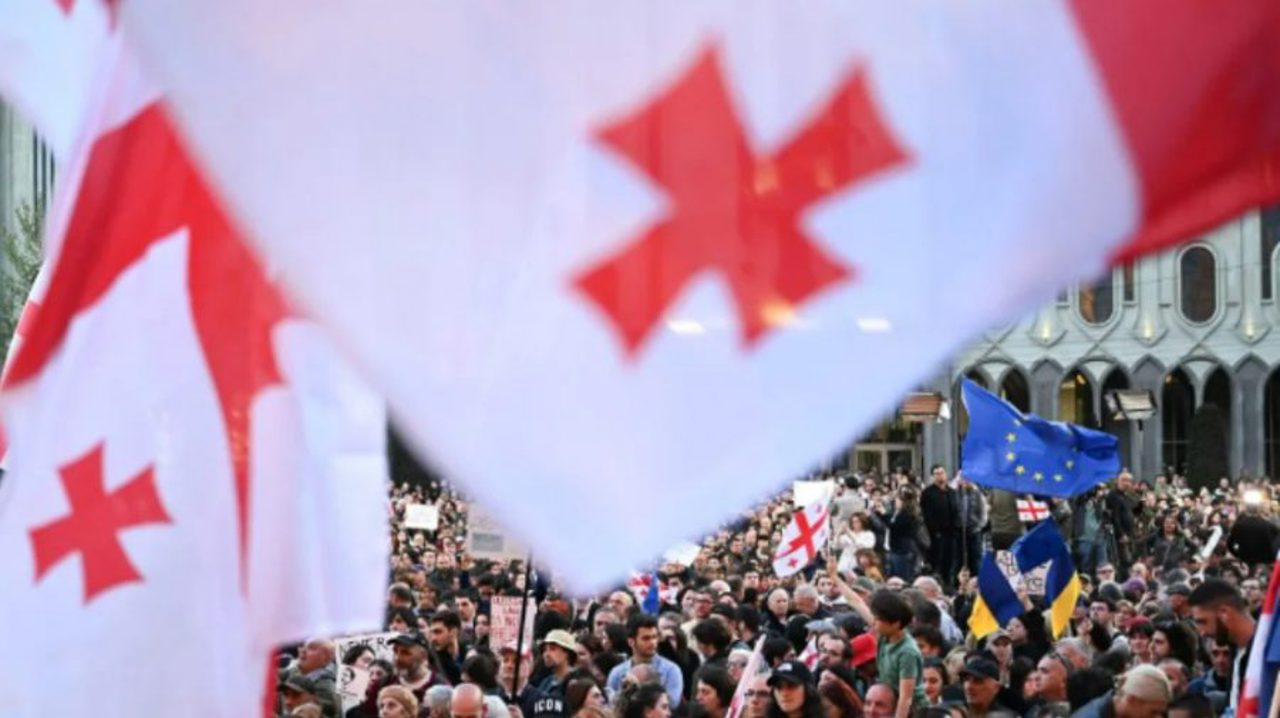EU Commission Warns Georgia: Repeal Foreign Agents Law or Lose Candidacy
Georgia faces the potential loss of its candidacy for EU membership should it fail to repeal the legislation pertaining to foreign agents.

This assessment originates from the Foreign Policy journal's analysis of geopolitical affairs.
According to Foreign Policy, the European Commission will notify the Georgian government of its inability to confirm the country's candidacy status in the forthcoming "Annual Report on Union Expansion," slated for publication in October, if the legislation resembling Russia's laws regarding foreign agents remains in force.
The European Union proposed the suspension of Georgia's visa-free arrangement on May 22, attributing the decision to the enactment of the foreign agents law.
Earlier, on December 14, Charles Michel, President of the European Council, disclosed that member states had ratified Georgia's candidacy status.
The Georgian Parliament endorsed the "foreign agents" legislation with a vote of 84 to 30. Regarded as a Russian-inspired measure, it has been vehemently opposed by both domestic and international entities, who perceive it as a hindrance to the country's integration efforts with the Euro-Atlantic community and as an attempt to stifle civil society.
Tensions in Tbilisi escalated following the passage of the "foreign agents" law, precipitating weeks of sizable protests by Georgians who view it as a threat to the nation's European integration aspirations, likening it to repressive laws seen in Russia.
During the third reading on May 14, parliamentarians overwhelmingly supported the legislation advocated by the ruling Georgian Dream party. Utilising its control over security forces, the government resorted to aggressive measures such as water cannons, tear gas, and rubber bullets to suppress demonstrators.
The paradox arises from the realisation that certain incumbent member states would not meet EU accession requirements without substantial legislative reforms. Notably, Hungary under Viktor Orban has seen reforms that exert significant control over the judiciary and media, while Poland experienced similar laws until the return of liberal leader Donald Tusk to power.
Author: Dan Alexe
Translation by Iurie Tataru




